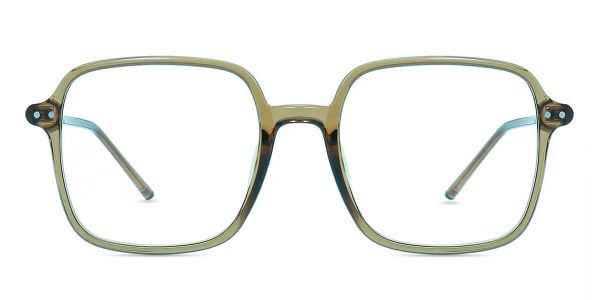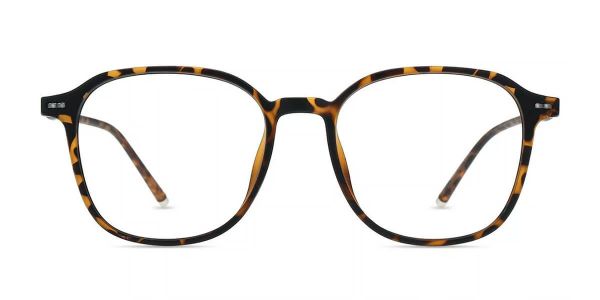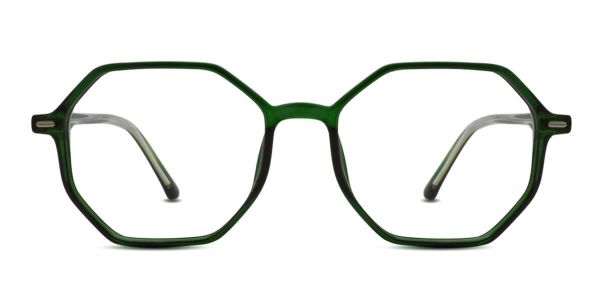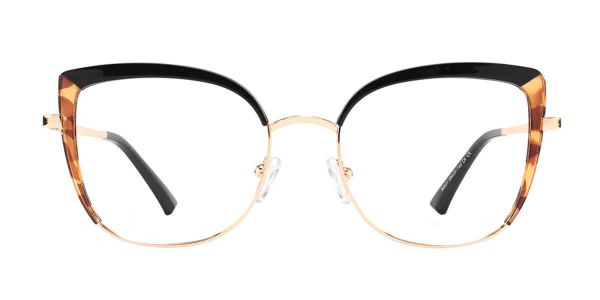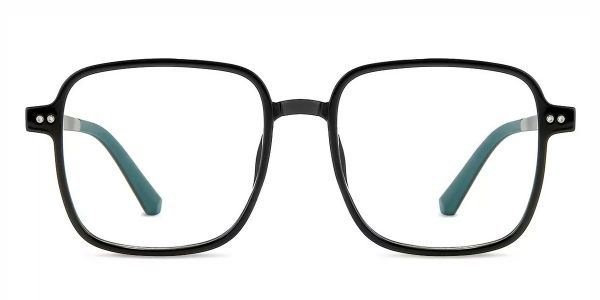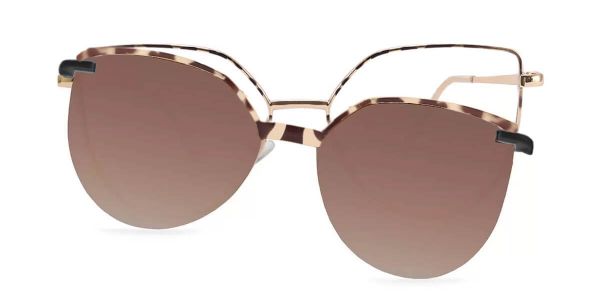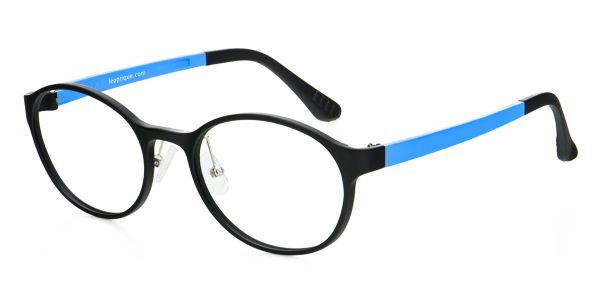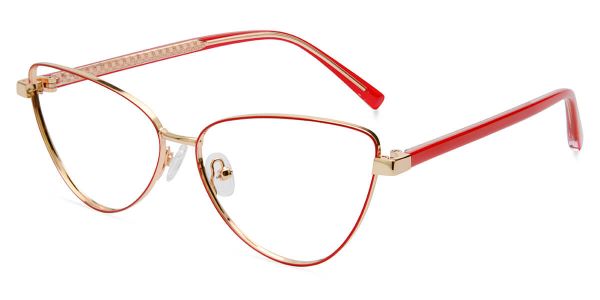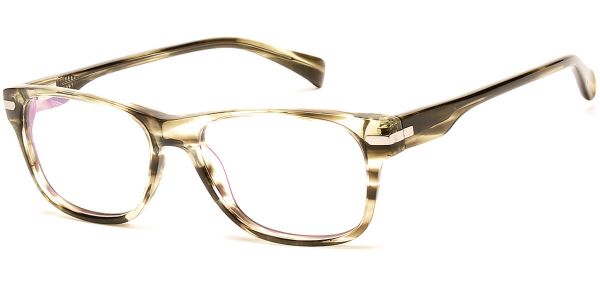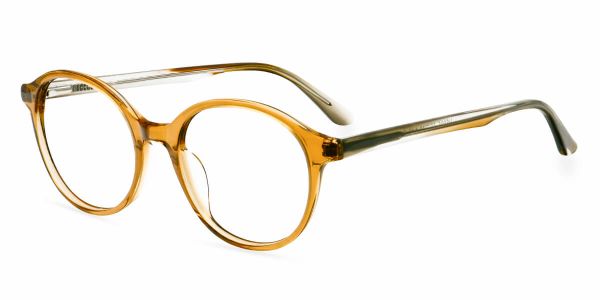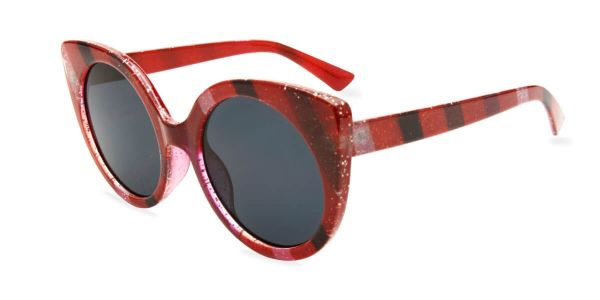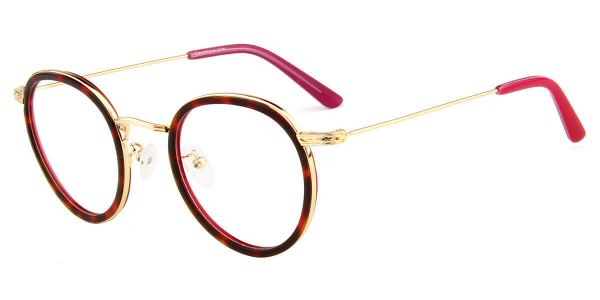Preventing Lens Fogging in Winter: Essential Tips for Clear Vision
Lenses · 2023-12-03

Winter brings with it chilly temperatures and rapid changes in temperature, which can often lead to a frustrating problem for glasses wearers—lens fogging. Whether you're braving the cold outdoors or transitioning between heated indoor spaces, foggy lenses can impair your vision and cause inconvenience. But fear not! In this blog post, we will explore some essential tips to prevent lens fogging during the winter season, ensuring clear vision and a more enjoyable winter experience.
Keep your lenses clean and dry:
Clean lenses are less prone to fogging, so make sure to clean your glasses regularly with a mild soap and water solution or a lens cleaner. Dry them thoroughly using a clean, lint-free cloth before heading out into the cold. Moisture on the lenses can contribute to fogging, so keeping them dry is crucial.
Use anti-fog wipes or sprays:
Invest in anti-fog wipes or sprays specifically designed for eyewear. These products create a thin, invisible film on the lenses that helps prevent fogging. Apply them according to the instructions provided, and reapply as necessary throughout the day to maintain their effectiveness.
Adjust your face mask:
Wearing a face mask has become a norm, but it can exacerbate lens fogging. To minimize fogging, ensure that your mask fits securely over your nose, creating a snug seal. Consider using a mask with a built-in nose wire or using a strip of adhesive tape to secure the mask tightly around your nose, directing your exhaled breath away from your glasses.
Utilize an anti-fog coating:
Consider getting an anti-fog coating applied to your lenses. This coating creates a barrier that reduces fogging by dispersing moisture and promoting quicker evaporation. Many optical stores offer this service, and it can significantly improve your winter eyewear experience.
Keep your glasses warm:
Cold temperatures contribute to lens fogging. To keep your glasses warm, try tucking them inside your coat or using earmuffs or a hat with a brim to shield them from the cold air. By maintaining a slightly elevated temperature, you can minimize the temperature differential that causes fogging.
Avoid sudden temperature changes:
Rapid temperature changes can trigger lens fogging. When moving from a cold environment to a warm one or vice versa, try to acclimatize your glasses gradually. For example, when entering a heated building from the cold outside, keep your glasses on your forehead or in a case for a few minutes to allow them to adjust to the new temperature.
Conclusion:
Lens fogging can be a frustrating issue during the winter season, but with these essential tips, you can minimize or even eliminate this annoyance. Keep your lenses clean and dry, use anti-fog wipes or sprays, adjust your face mask, consider an anti-fog coating, keep your glasses warm, and avoid sudden temperature changes. By implementing these preventive measures, you can enjoy clear vision and a more enjoyable winter experience with your glasses. Stay fog-free and embrace the beauty of winter with confidence!

